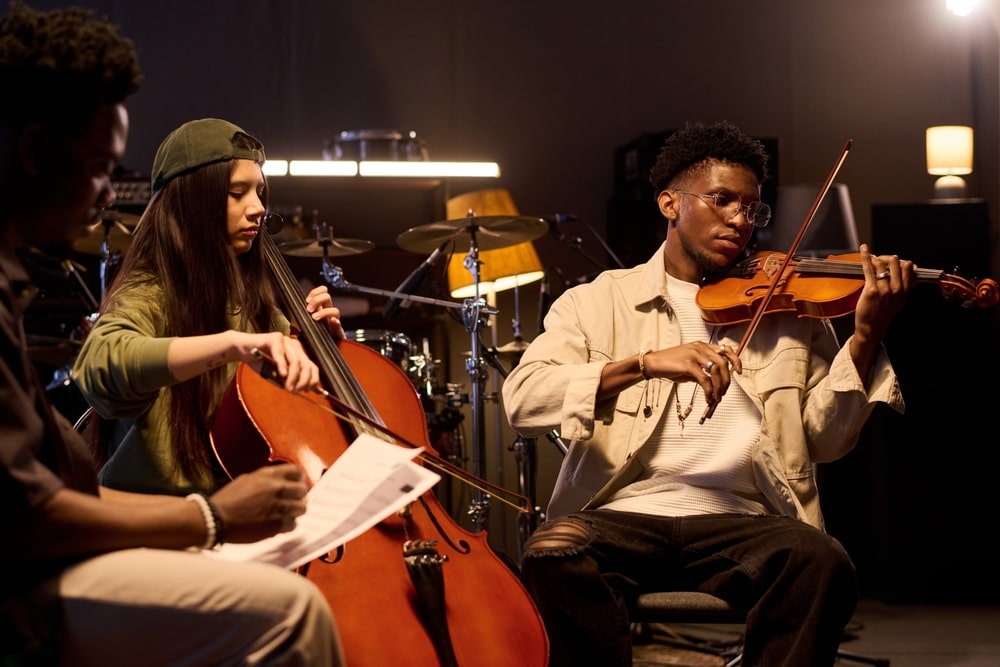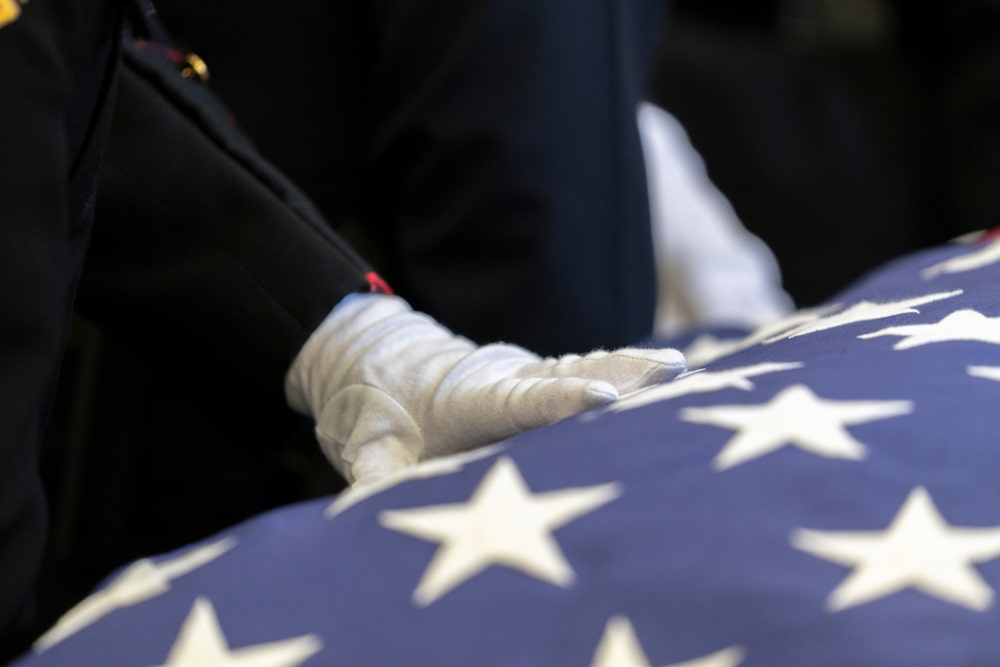Death and funerals are an inescapable part of life. It’s hard to know what to do when our children encounter death for the first time. As much as we would like to protect them from pain and distress, we can’t. But we can teach them how to process death and cope with grief in healthy ways.
Understanding the Purpose of a Funeral
First, it’s always good to start with why we have funerals in the first place. According to respected grief counselor, author, and educator Dr. Alan Wolfelt, the funeral ritual “helps us acknowledge the reality of the death, gives testimony to the life of the deceased, encourages the expression of grief in a way consistent with the culture’s values, provides support to mourners, allows for the embracing of faith and beliefs about life and death, and offers continuity and hope for the living.”
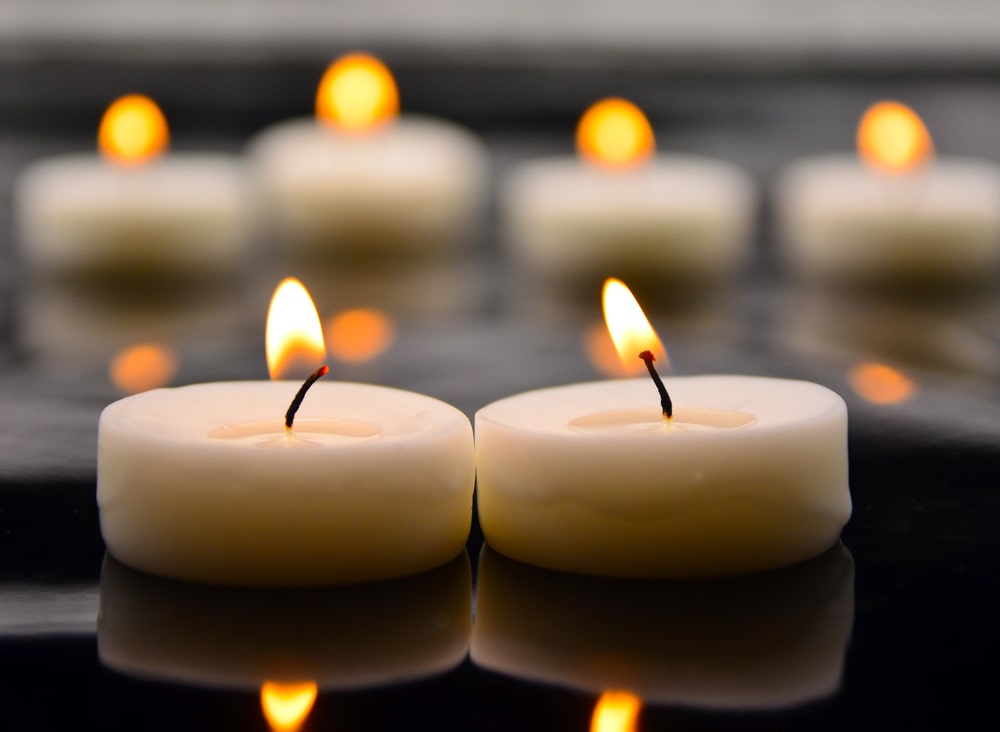
The six needs Dr. Wolfelt outlines above – the 6 needs of mourning – are met through a healing and meaningful funeral ceremony. And similar to adults, children have the same need, right, and privilege to participate in a funeral. In some ways, the structure of the funeral ceremony may be even more important for children because they have not yet learned how to process the deep and sometimes conflicting emotions they may feel.
Life Lessons Children Can Learn at Funerals
Children learn how to participate in funerals.
None of us innately knows what to expect or how to behave at funerals. Instead, we learn by seeing, hearing, and asking questions. Many of us came to understand the dos and don’ts of funerals by attending them and by asking a knowledgeable adult our questions. In order for a child to understand what is appropriate and respectful, to know how to behave in the future, they must learn about funerals and be allowed to see the ceremony in action.
Children learn that death is a natural part of life.
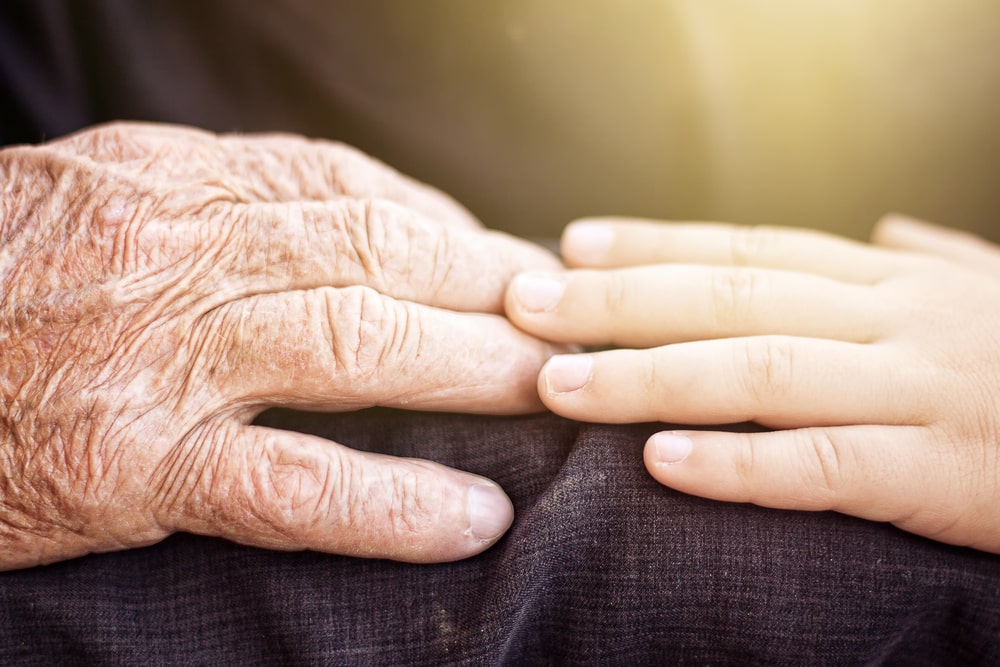
Death is a part of life. Just as a child needs to learn how to deal with disappointment, process explosive emotions, or adapt to social situations, they must also learn how to process death and dying. Children are exposed to death early on. They see dead leaves, bugs, or dead animals. Our children know more about death than we might expect. Giving them an opportunity to learn and understand death in a controlled setting is valuable.
Children learn how to say goodbye.
Two of the important things that happen at funerals are that 1) mourners have the chance to say goodbye and 2) there is a public acknowledgment that the relationship has changed (from one of presence to one of memory). Both are necessary for adults and children. Children need an opportunity to say goodbye, especially with close relationships (as is the case with a parent, sibling, grandparent, best friend, teacher, etc.). As part of saying goodbye, you might consider allowing an age-appropriate, willing child to participate in the ceremony by lighting a candle, reading a short passage, or singing a song.
Children witness the complexity of emotions.

Human beings are complex and messy. We experience many different emotions, and sometimes, we don’t even know why we feel a certain way. Children need to understand early that everyone experiences emotion, and everyone deals with their emotion differently. And ultimately, each child must learn how to process and deal with their own emotions. The funeral gives parents an opportunity to help children process their emotions by answering questions or talking about what happened after the ceremony. Children who were close to the person who died may need to process feelings of anger, abandonment, and fear. Observing others process their emotions through the funeral will give children examples of how to cope with grief in a healthy way.
Children see the value of supporting each other.
The funeral activates a system of support for those who are mourning. Friends and neighbors bring food, offer to watch the kids, or help in whatever ways they can. Condolences and heartfelt thoughts are offered to the bereaved. Children need to see the value of community support and learn how to offer such support in the future. For example, young children may ask why adults around them are crying, and they may practice offering to comfort others and showing support by giving a hug or patting a family member on the back. In some ways, children offer a kind of support without even trying: hope for the future.
Children learn how to honor and respect the lives of others.
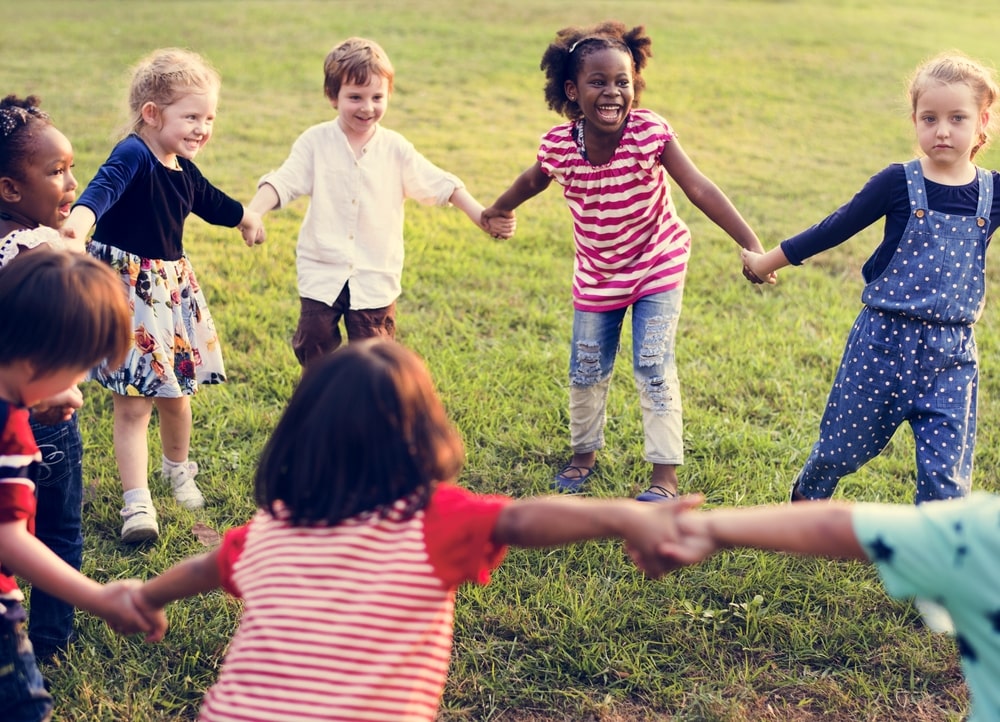
If you remember Dr. Wolfelt’s quote, one of the purposes of a funeral is to “give testimony to the life of the deceased.” In other words, to recall our memories and share them with others. By doing this, we honor and respect the life that was lived and begin our grief journey on the right foot. Through the eulogy, the personalization of the ceremony or gathering, and other elements of a meaningful funeral, children learn that we must honor and respect the lives of others.
Children learn to treasure life.
If a funeral is done well, it touches the hearts of those in attendance. In fact, it should teach all of us just how precious life is and remind us how we want to live. Dr. Wolfelt puts it this way, “People who take the time and make the effort to create meaningful funeral arrangements…remember and reconnect with what is most meaningful to them in life. They strengthen bonds with family members and friends. They emerge changed, more authentic and purposeful. The best funerals remind us how we should live.” What an important lesson to learn early in life – to value the life you have and make the most of it.
What if my child isn’t ready?
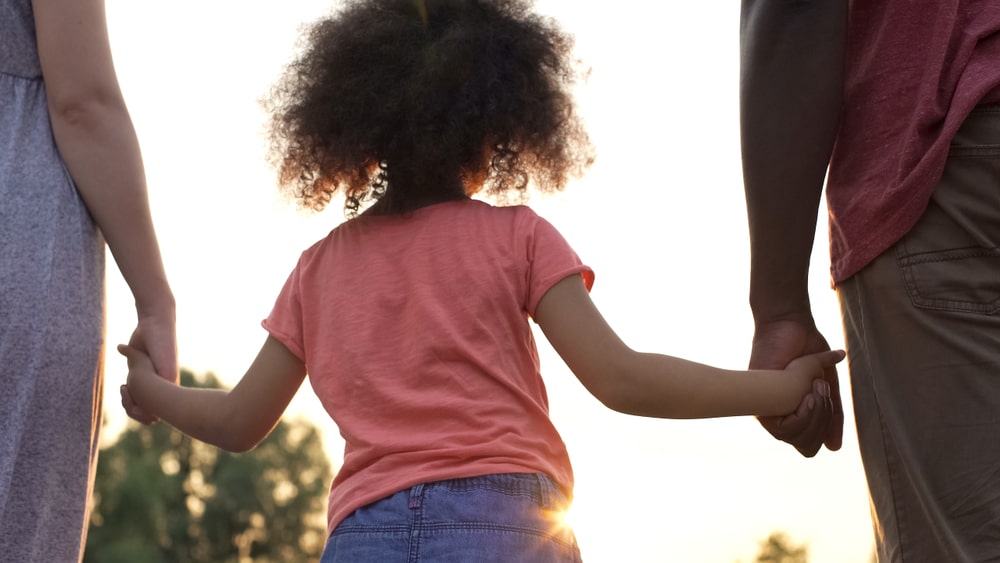
Whether or not your child attends a funeral is entirely up to you. You know your child best – what they can handle and what they can’t. For infants and toddlers (ages 4 and under), attendance will not necessarily have any great meaning or significance, but for those who are preschool aged or older, it’s best to thoughtfully consider how to proceed. While we don’t want to force children to do something, we also need to teach them how to cope with and handle the difficulties life will throw at them. It’s up to you to decide if they are ready.
If you decide not to take your child to the funeral ceremony, here are some other options:
- Check to see if the funeral home has childcare available (this service is sometimes offered).
- Hire a babysitter. If you know a number of other parents who plan to attend the funeral, you may be able to hire one or two babysitters to watch a larger number of children.
What if my child is too young to understand what is happening at the funeral?
No matter what his or her age, if your child has lost a close family member, help them find a way to process their emotions as they grow up by giving them what a funeral ceremony provides for an adult. Find ways to acknowledge the death, remember the life, offer comfort and support, help them express their feelings about the loss, and help them create meaning and identity as they develop a relationship with their deceased loved one based on the memories shared by adults in their lives. You might take them to visit the cemetery or tell stories every year on their loved one’s birthday. Throughout the year, incorporate traditions, rituals, crafts, and keepsakes as part of your child’s grieving process.
The important thing to remember is that your child will need to come to terms with a significant loss at every stage of development until adulthood. So, keep bringing back the lessons learned from the funeral year after year. Your consistency over the years will help your child grow up feeling like they know who the person was and who they are as a result, which is the biggest life lesson of all.


